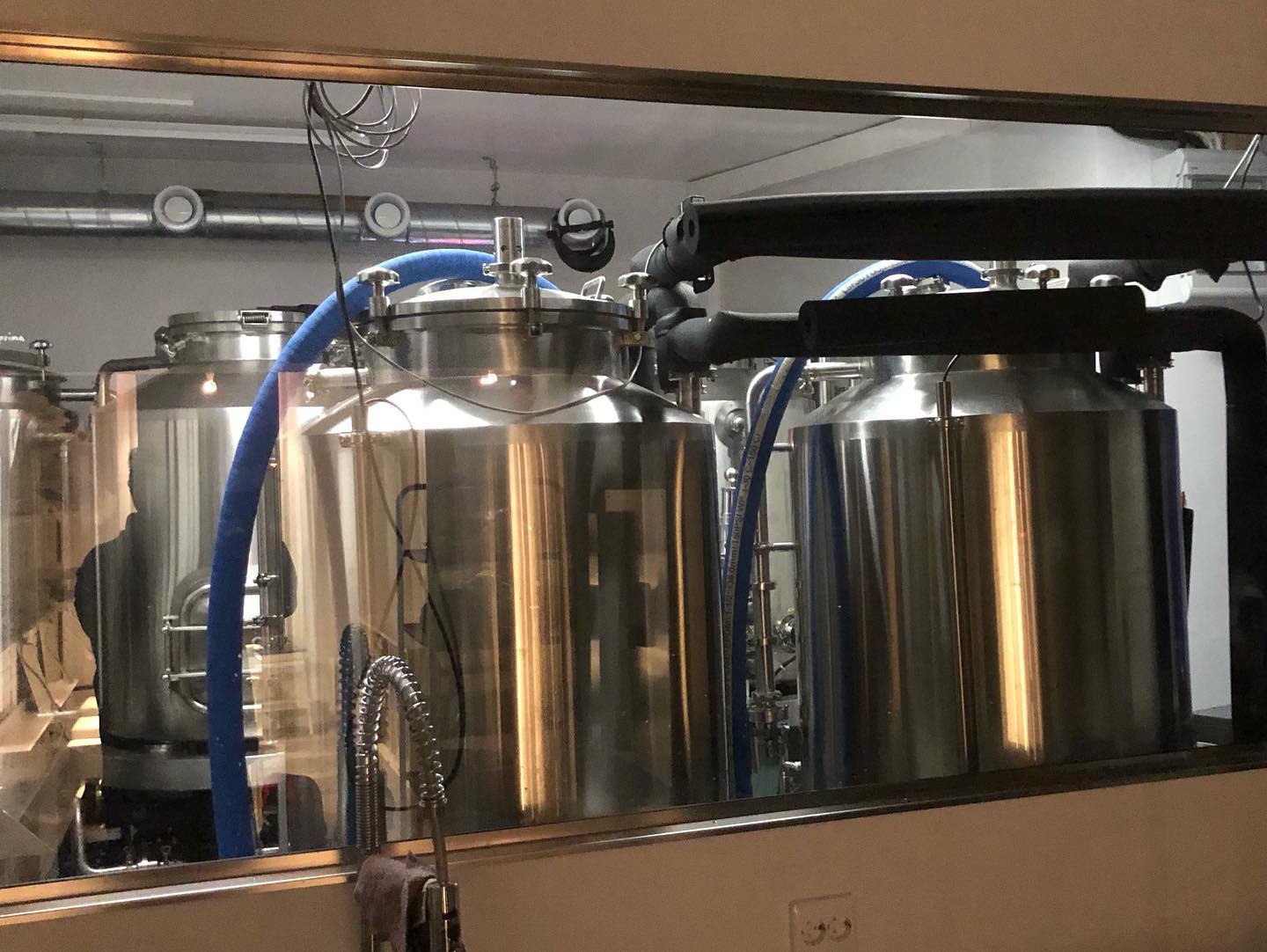Choosing the Right Fermenting Tank for Perfect Brewing Results
What Is a Fermenting Tank and Why It Matters
A fermenting tank is a specialized container designed to facilitate the fermentation process. It’s where the magic happens—yeast or bacteria interact with sugars in the raw materials to produce alcohol, carbon dioxide, and flavor compounds. Whether you’re crafting beer, wine, kombucha, or even yogurt, fermenting tanks play a pivotal role.
Why does it matter? Because the right fermenting tank can elevate the quality of your product, optimize efficiency, and even reduce costs. The material, design, and capacity of the tank influence factors like temperature control, contamination risks, and overall fermentation performance.
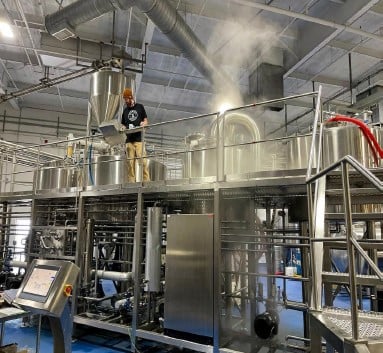
The Brewing Process and the Role of Fermenting Tanks
To understand the importance of fermenting tanks, let’s walk through the brewing process. It starts with brewing wort, which is essentially a sugary liquid made by boiling malted grains and hops. Once cooled, the wort is transferred to a fermenting tank. Here’s where the tank comes into play:
- Primary Fermentation: The yeast is pitched into the wort inside the fermenting tank. The yeast consumes sugars and produces alcohol and CO2, creating the desired beverage.
- Secondary Fermentation (Optional): Some beverages undergo a secondary fermentation to refine flavors or achieve carbonation.
- Maturation: Many fermenting tanks double as maturation vessels, allowing the beverage to develop deeper flavors and aromas over time.
Without a high-quality fermenting tank, these critical stages could be compromised.
Types of Fermenting Tanks
Fermenting tanks come in various shapes, sizes, and materials. Here’s a breakdown:
| Type | Description | Best For |
|---|---|---|
| Conical Tanks | Feature a cone-shaped bottom for easy sediment removal. | Beer, wine, and other beverages needing clarity. |
| Flat-Bottom Tanks | Cost-effective and simple design. Ideal for small-scale or non-alcoholic fermentations. | Kombucha, yogurt, and small batches. |
| Cylindroconical Tanks | Combination of cylindrical and conical designs for versatility. | Large-scale beer and wine production. |
| Open Fermenters | Traditional style; allows exposure to oxygen for specific fermentation styles. | Ales, sour beers, and certain wines. |
| Closed Fermenters | Airtight tanks for anaerobic fermentation. | Lagers, ciders, and other oxygen-sensitive beverages. |
Capacity, Space, and Customization Options
Choosing the right fermenting tank depends on your production needs. Let’s explore the parameters in a comparative table:
| Parameter | Details |
|---|---|
| Capacity | Ranges from small 5-gallon tanks for homebrewers to 100,000-gallon tanks for industrial breweries. |
| Space Requirements | Compact designs for small spaces vs. large tanks requiring dedicated facilities. |
| Design Features | Includes temperature controls, sampling ports, and pressure relief systems. |
| Customization | Options for insulation, agitators, and specialized coatings. |

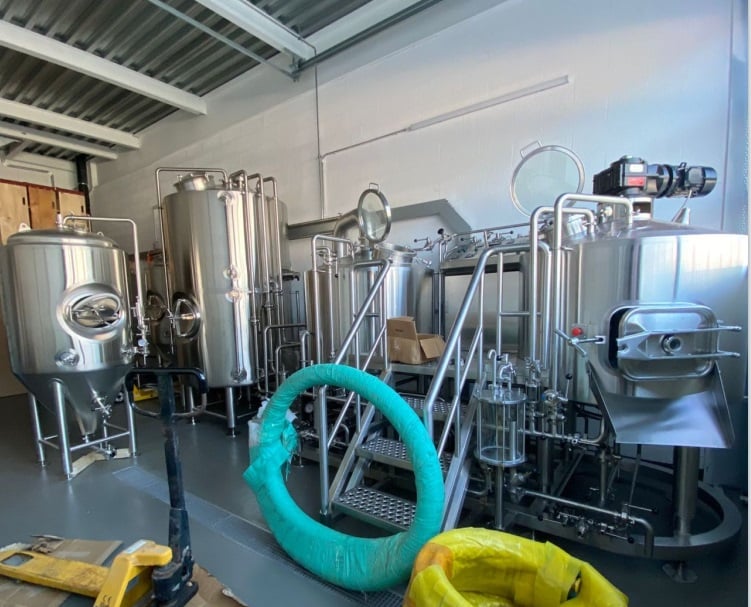
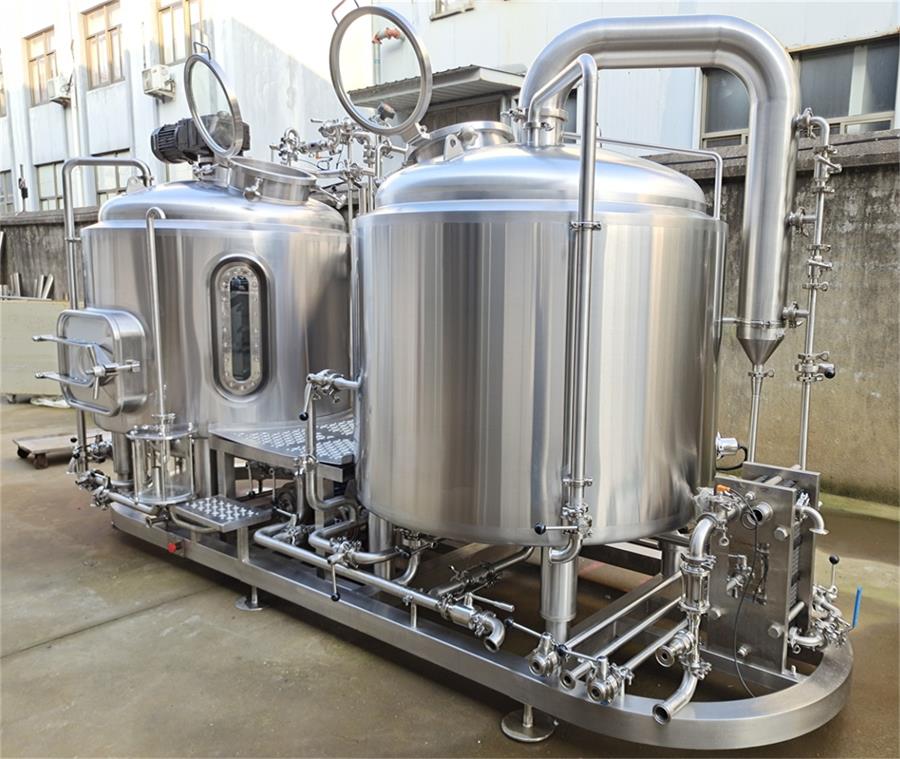
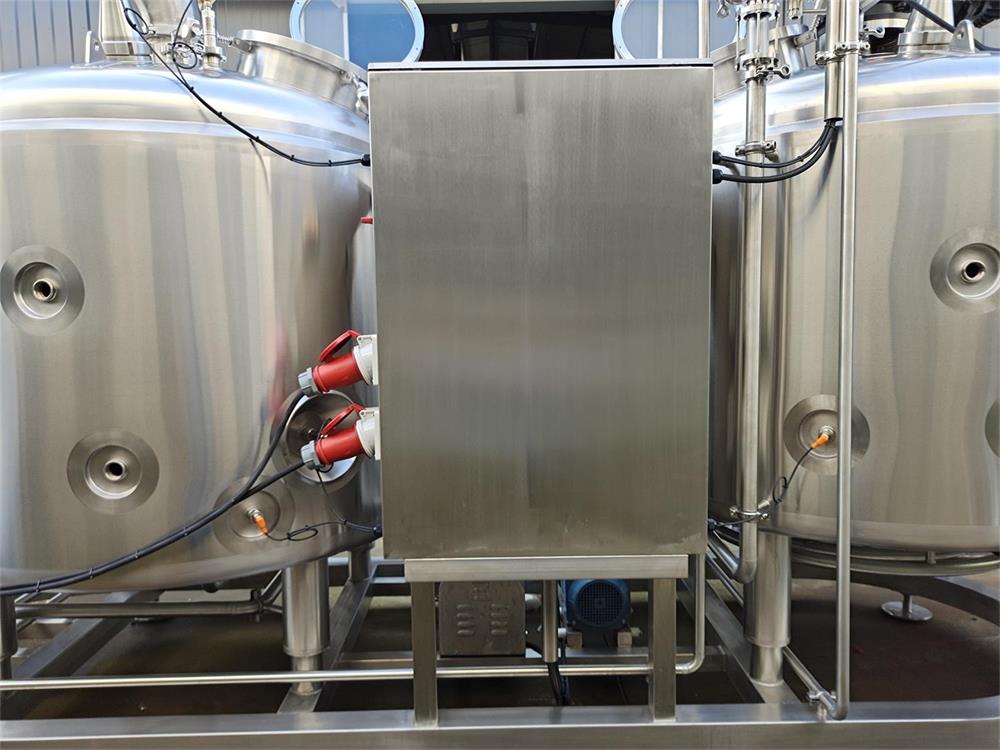
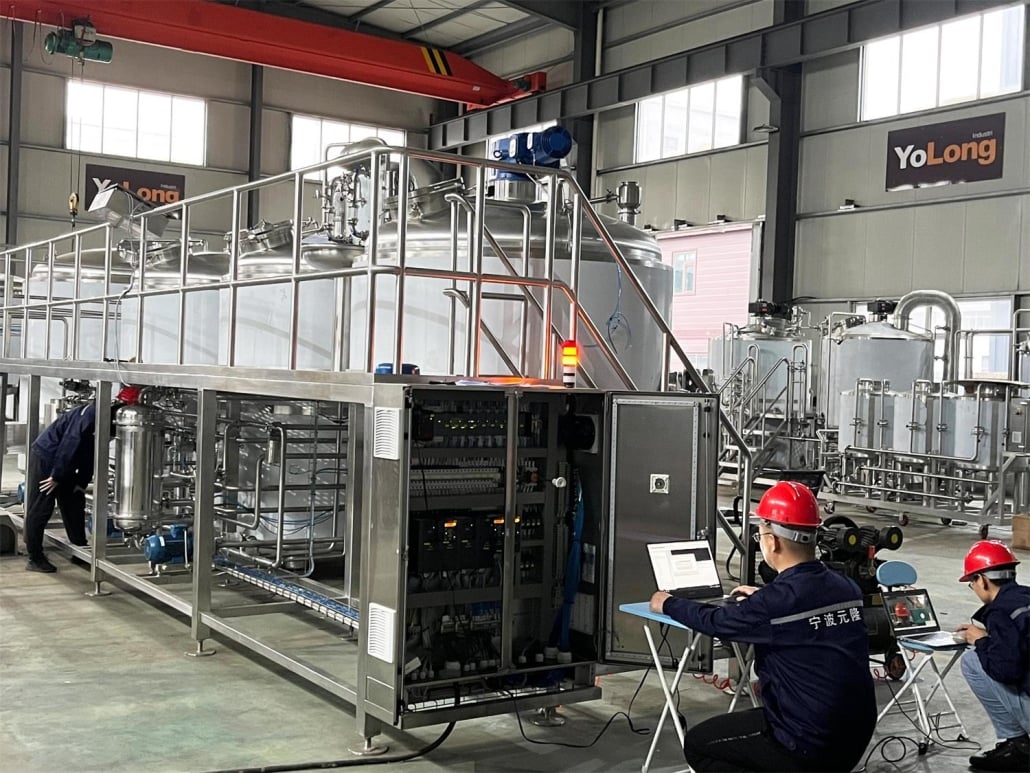
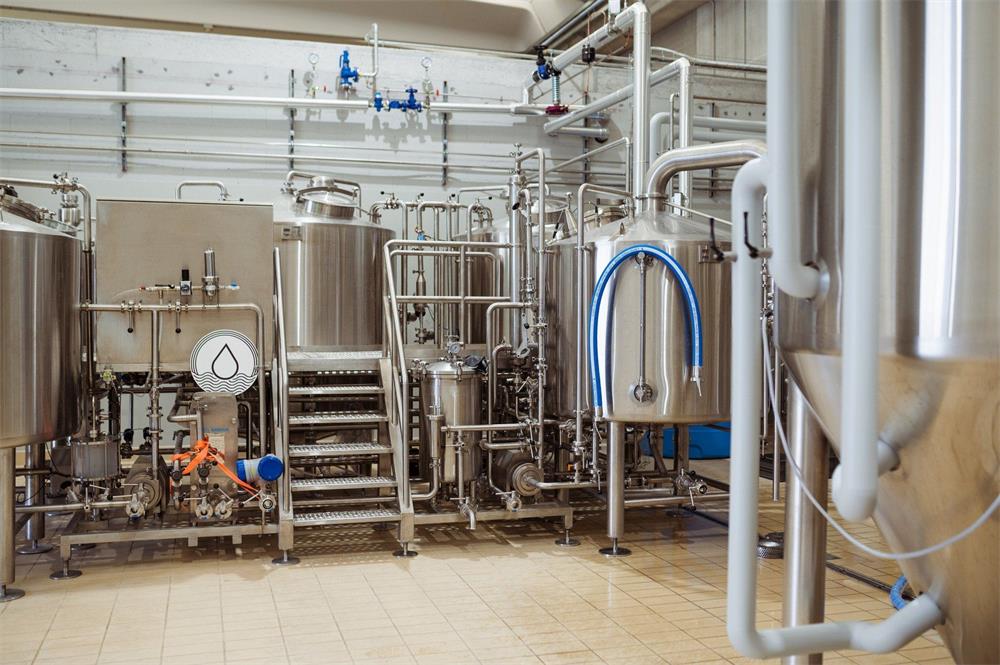
Key Features to Consider When Choosing a Fermenting Tank
Selecting the perfect fermenting tank is no small feat. Here are the key features to keep in mind:
| Feature | Why It Matters |
|---|---|
| Material | Stainless steel is durable, hygienic, and easy to clean. Glass is visually appealing but fragile. |
| Temperature Control | Essential for precise fermentation. Look for tanks with cooling jackets or heating elements. |
| Ease of Cleaning | Sanitary designs with smooth surfaces and CIP (clean-in-place) systems save time and effort. |
| Pressure Capability | Pressurized tanks are crucial for carbonated beverages like beer and sparkling wine. |
| Shape and Size | Influences sediment removal, space efficiency, and product yield. |
Advantages and Limitations of Fermenting Tanks
No tank is perfect for everyone. Here’s a quick comparison:
| Advantages | Limitations |
|---|---|
| Stainless steel tanks are durable and long-lasting. | High upfront cost for quality tanks. |
| Conical designs make sediment removal easy. | Space requirements for large-scale tanks. |
| Temperature controls improve consistency. | Maintenance can be complex for advanced models. |
| Customization options for specific needs. | Limited scalability for smaller tanks. |
Benefits of Using Stainless Steel Fermenting Tanks
Why do stainless steel fermenting tanks dominate the market? They’re the gold standard for a reason. Stainless steel is:
- Durable: Resistant to corrosion, scratches, and impacts. A tank that lasts decades pays for itself.
- Hygienic: Smooth surfaces prevent bacteria buildup, ensuring a clean fermentation process every time.
- Temperature-Friendly: Excellent thermal conductivity allows for precise temperature control.
- Aesthetically Pleasing: Stainless steel tanks look professional, which can impress clients or visitors.
- Low Maintenance: Easy to clean and maintain, saving time and reducing operational headaches.
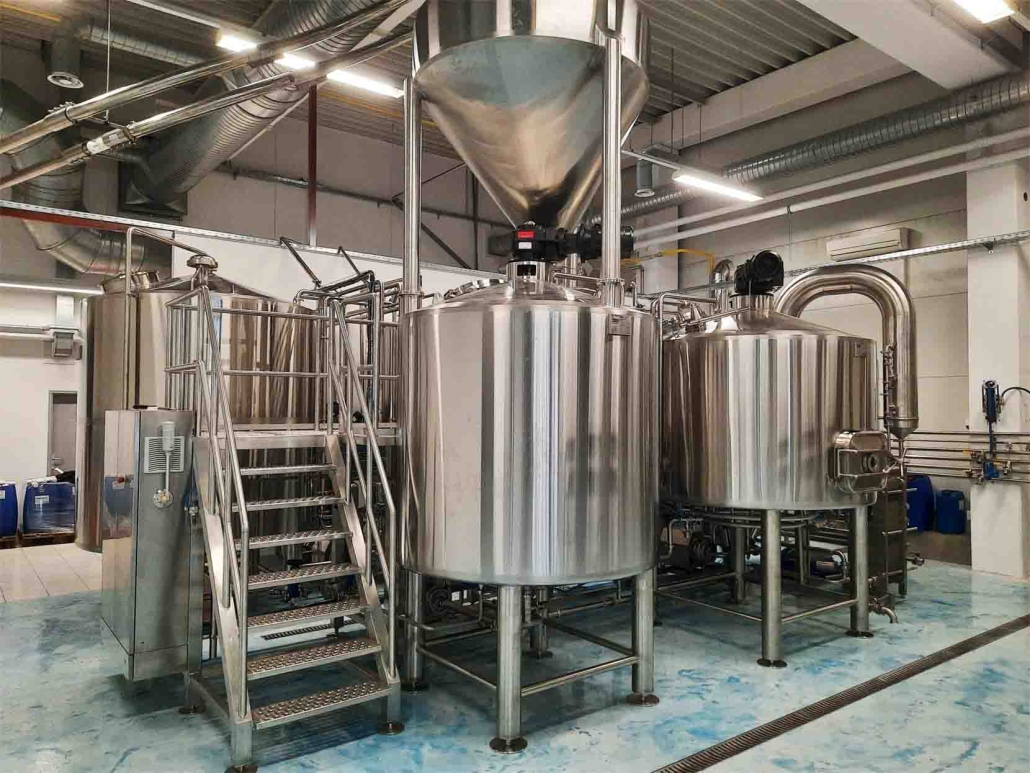
Cost and Supplier Comparison
| Supplier | Price Range | Special Features |
|---|---|---|
| Manufacturer A | $1,000 – $5,000 | Customizable features, CIP systems. |
| Manufacturer B | $5,000 – $20,000 | High-capacity options, thermal controls. |
| Manufacturer C | $20,000+ | Advanced automation and pressure capabilities. |
FAQ
| Question | Answer |
|---|---|
| What size fermenting tank do I need? | It depends on your production scale. For homebrewers, 5-20 gallons is typical; commercial brewers need much larger tanks. |
| Can fermenting tanks be used for multiple products? | Yes, but thorough cleaning between uses is essential to avoid cross-contamination. |
| Are stainless steel tanks worth the investment? | Absolutely. Their durability, hygiene, and versatility make them a long-term value. |
| Do fermenting tanks require special maintenance? | Regular cleaning and occasional inspections for wear or damage ensure longevity. |
Frequently Asked Questions (FAQ)
1) What pressure rating should a Fermenting Tank have for beer and cider?
- For pressure-capable unitanks, look for certified 15–30 psi (103–207 kPa). Larger tanks may be rated up to 45 psi. Always verify PRV sizing, hydrostatic test certificates, and relief valve maintenance logs.
2) 304 vs. 316 stainless: which is better for my Fermenting Tank?
- 304 SS is standard and cost-effective. Choose 316 SS for sour/acidic programs, saline water, or aggressive cleaners that increase chloride stress.
3) How much headspace do I need in a Fermenting Tank?
- Ales: 15–25% headspace. High-gravity or heavily dry-hopped beers: 20–30%. Kombucha and acidic ferments foaming varies—start with 20% and dial in.
4) What features most impact product consistency?
- Jacketed temperature control (±0.2–0.5°C), full-coverage CIP spray ball, sanitary welds (Ra ≤ 0.8 μm), closed transfers, and pressure fermentation (spunding 8–15 psi) for aroma retention.
5) How do I validate cleaning-in-place (CIP) in a Fermenting Tank?
- Perform riboflavin coverage tests, monitor caustic concentration and temperature, log contact time, and swab high-risk areas (racking arm, manway gaskets). Document every CIP cycle.
2025 Industry Trends: Fermenting Tank Selection and Operation
- Pressure fermentation mainstream: faster tank turns, improved hop aroma retention, and reduced oxygen exposure.
- Smart cellars: sensors for temp/pressure/level feeding PLCs enable predictive VDK rests and automated crash cooling.
- Oxygen-avoidance by design: closed dry-hop dosers, purgeable ports, and inline DO checks become standard beyond premium tiers.
- Sustainability upgrades: thicker insulation, optimized glycol loops, and heat recovery from crash cooling cut energy per batch by 10–20%.
- Safety compliance: insurers and local codes increasingly require fixed CO2 monitoring and documented PRV testing.
2025 Fermenting Tank Benchmarks and Costs
| Criterion | Home/Nano (≤3 bbl) | Small Craft (5–15 bbl) | Regional (30–120 bbl) | Notes/Sources |
|---|---|---|---|---|
| Preferred material | Stainless or PET conical | 304 SS jacketed | 304/316 SS jacketed | BA/MBAA guidance |
| Pressure rating | 10–15 psi | 15–30 psi | 15–45 psi | Verify PRV + hydrotest |
| Temp stability | ±0.5–1.0°C | ±0.3–0.5°C | ±0.2–0.3°C | Multi-zone jackets + PU |
| DO control | Closed transfer optional | Closed hop doser common | Packaged DO target <50 ppb | BA packaging |
| Typical unit cost (USD) | $200–$1,200 | $6,000–$22,000 per tank | $30,000–$120,000 per tank | Supplier catalogs |
References:
- Brewers Association: https://www.brewersassociation.org
- Master Brewers Association of the Americas (MBAA) Technical Quarterly: https://www.mbaa.com
- American Society of Brewing Chemists (ASBC) Methods: https://www.asbcnet.org
Latest Research Cases
Case Study 1: Pressure-Capable Fermenting Tanks Reduce DO and Tank Time (2025)
Background: A 10 bbl brewery experienced hop aroma fade and high packaged DO using non-pressurizable tanks.
Solution: Upgraded to jacketed, pressure-rated Fermenting Tanks with spunding valves, purgeable carb stones, closed dry-hop doser, and fully closed transfers.
Results: Packaged DO dropped from 120–160 ppb to 30–45 ppb; average tank time decreased by 1–2 days; shelf-life sensory stability extended ~4 weeks.
Case Study 2: Predictive VDK Rest via Smart Fermenting Tank Controls (2024)
Background: A regional producer (60–90 bbl FVs) had inconsistent diacetyl rest timing across lagers.
Solution: Added inline temp/pressure sensors connected to PLC logic with predictive VDK triggers; recalibrated jackets to hold ±0.2°C.
Results: VDK rest duration reduced 18–24 hours; off-flavor incidents down 35%; cellar energy intensity improved 6–8%.
Expert Opinions
- Dr. Tom Shellhammer, Professor of Fermentation Science, Oregon State University
Key viewpoint: “Pressure-capable, oxygen-tight Fermenting Tanks combined with closed transfers are as critical to hop aroma retention as hop selection.” - Ashton Lewis, Brewing Scientist and MBAA contributor
Key viewpoint: “Sanitary welds, full CIP coverage, and thoughtful racking arm geometry save labor and reduce contamination risk—cheap tanks can be costly over time.” - Katie Wallace, Sustainability leader in craft brewing
Key viewpoint: “Insulated, jacketed tanks paired with right-sized glycol reduce utilities immediately and help meet tightening environmental expectations.”
Practical Tools/Resources
- Brewers Association: cellar best practices, oxygen control, tank safety
https://www.brewersassociation.org - MBAA Technical Quarterly: fermenter design, CIP validation, pressure fermentation case studies
https://www.mbaa.com - ASBC Methods: DO/CO2 measurement, VDK analysis, fermentation monitoring
https://www.asbcnet.org - Yeast calculators and pitch tools
https://www.whitelabs.com | https://www.lallemandbrewing.com - Vendor spec libraries (pressure ratings, jacket zones, PRV sizing)
SS Brewtech, Spike Brewing, Alpha Brewing Ops, Lehui
SEO note: Internally link to “Fermenting Tank,” “pressure-capable unitanks,” “closed transfer systems,” and “glycol system sizing.”
Last updated: 2025-08-28
Changelog: Added 5 FAQs; 2025 trends with benchmark table and references; two concise case studies; expert viewpoints; and curated tools/resources focused on Fermenting Tank selection and operation
Next review date & triggers: 2026-02-01 or earlier if BA/MBAA publish new oxygen control guidance, supplier specs change, or pricing shifts affect tank selection ROI
Share this entry
Interested in learning more about Brewing Systems including additional details and pricing information? Please use the form below to contact us!
YOLONG BREWERY EQUIPMENT FAQS
- Commercial Brewery / Craft Brewery / Microbrewery / Nanobrewery
- What is The Difference Between Craft Beer and Industrial Beer?
- The Bespoke Differences In Custom Brewing Systems
- Everything You Need to Know About Kettle Souring
- How to Choose Brewing Equipment for Your business?
- How To Choose The-Best Partner To Build Your Commercial Microbrewing System?
- Two Detection Sensors That You Need To Use In Your Brewhouse System
- Remote Control Applications in Brewing Equipment/How does it work?
- How To Clean Your Brand New Brewery Tanks?

